Biochemical Mechanisms
What are Biochemical Mechanisms?
Research into biochemical mechanisms focuses on understanding the functions of a cell at the molecular level, and how changes to the building blocks that make up cells lead to human disease.
What is the impact of our research in Biochemical Mechanisms?
- A new pathway for treating autoimmune diseases is heading towards clinical trials thanks to research that began in our department. Find out more from the Thompson Lab.
- The molecular bases of two rare diseases (the DNA repair disorder “PARD” and a form of severe congenital neutropenia) were discovered in our department. Find out more from the Kelch Lab and here in the Munson Lab.
- The molecular and genetic mechanisms that define how antibiotics kill bacteria are being elucidated in our department, holding promise for the development of next-generation anti-bacterial medication. Find out more here.
Who's studying Biochemical Mechanisms?
-
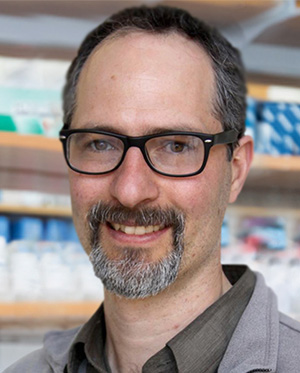
Daniel Bolon , PhD
Professor of Biochemistry & Molecular BiotechnologyType: Primary
Areas of Research: Biochemical Mechanisms, Cellular Biochemistry, Computational Biochemistry
Category: CLIM/Ldb cofactors,disease preventionResearch Interest: The Bolon Lab investigates relationships between protein sequence, structure and function.
Broader Impact: COVID-19, cancer, HIVOffice Location: LRB 922
Lab Location: LRB 960 E-D
Phone: 508-856-3588
Lab Page -
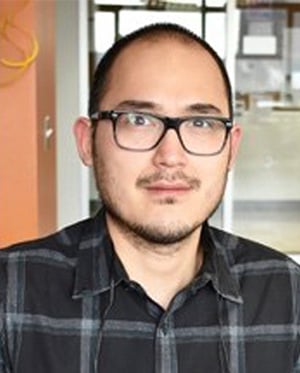
Josué Flores Kim , PhD
Assistant Professor of Biochemistry & Molecular Biotechnology.Type: Primary
Areas of Research: Biochemical Mechanisms, Cellular Biochemistry, Gene Expression & Epigenetics
Research Interest: The Flores Kim lab studies how bacteria build their cell envelopes and how antimicrobials disrupt these processes.
Key Words: bacterial cell envelope; antibiotic resistance; antibiotic tolerance
Research Tools: We use a combination of classical, modern and chemical genetic screens with biochemical and high-resolution imaging analyses.
Broader Impact: drug resistant and tolerant bacterial infectionshe/him/his
Office Location: LRB 915
Lab Location: LRB 970 U
Phone: 508-856-6260
Lab Page -
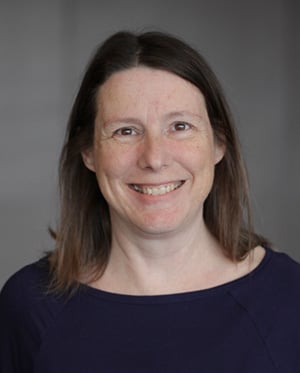
Julia Flynn , PhD
Assistant Professor of Biochemistry & Molecular Biotechnology; Member of the Bolon Lab.Type: Primary
Areas of Research: Biochemical Mechanisms, Cellular Biochemistry, Computational Biochemistry
Research Interest: Dr. Flynn investigates how changes in DNA sequence impact protein function.
Key Words: drug resistance, protein adaptation, protein folding, evolution, mutagenesis, deep mutational scanning
Research Tools: S. cerevisiae (yeast)
Broader Impact: cancer, SARS-CoV2 -
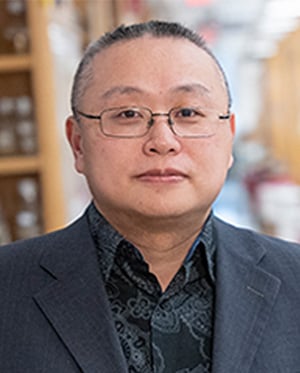
Gang Han , PhD
Professor of Biochemistry & Molecular BiotechnologyType: Primary
Areas of Research: Biochemical Mechanisms, Cellular Biochemistry, Chemical Biology
Research Interest: The Han lab uses a multidisciplinary approach to develop nanomaterials for use in chemistry and biology research and in drug delivery.
Office Location: LRB 806
Lab Location: LRB 870 U
Phone: 508-856-3297
Lab Page -
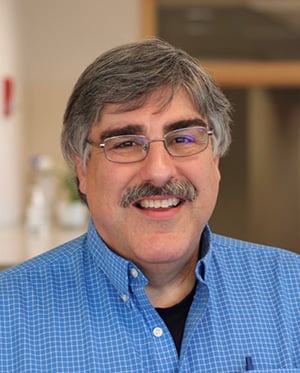
Anthony Imbalzano , PhD
Professor of Biochemistry & Molecular Biotechnology; Associate Dean of Academic Affairs in the Morningside Graduate School for Biomedical Sciences; Associate Dean in the Office for Postdoctoral ScholarsType: Primary
Areas of Research: Biochemical Mechanisms, Cellular Biochemistry, Gene Expression & Epigenetics
Research Interest: The Imbalzano Lab studies the role of chromatin remodeling in cell fate specification and maintenance.
Key Words: Chromatin remodeling, gene expression, development, cancer, mesenchymal cells, myogenesis, adipogenesis
Research Tools: Cell Culture, M. musculus (mouse)
Broader Impact: Breast Cancerhe/him/his
Office Location: LRB 813
Lab Location: LRB 870 H
Phone: 508-856-1029
Lab Page -
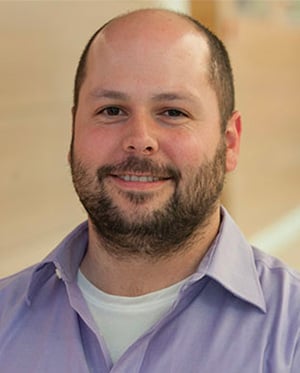
Brian Kelch , PhD
Professor of Biochemistry & Molecular BiotechnologyType: Primary
Areas of Research: Biochemical Mechanisms, Biophysics & Macromolecular Structures, Cellular Biochemistry
Research Interest: The Kelch Lab utilizes structural biology and biochemistry to reveal the workings of large macromolecular complexes, with a special focus on those involved in DNA replication/repair and virus assembly.
Research Tools: E. coli (bacteria), S. cerevisiae (yeast), T. thermophilus (bacteria), H. sapiens (human)
Broader Impact: cancer, PARD, infectious diseasehe/him/his
Office Location: LRB 923
Lab Location: LRB 970 H-G
Phone: 508-856-8322
Lab Page -
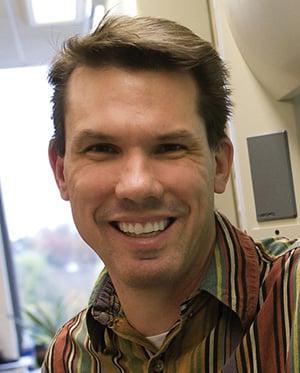
William R. Kobertz , PhD
Professor Biochemistry & Molecular BiotechnologyType: Primary
Areas of Research: Biochemical Mechanisms, Cellular Biochemistry, Chemical Biology
Research Interest: The Kobertz Lab develops new tools to study the roles of glycosylation in ion channel localization and function.
Broader Impact: Cardiac arrythmias, hearing lossOffice Location: LRB 804
Lab Location: LRB 840 C
Phone: 508-856-8861
Lab Page -
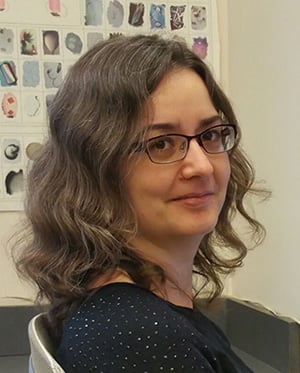
Nese Kurt Yilmaz , PhD
Associate Professor of Biochemistry & Molecular BiotechnologyType: Primary
Areas of Research: Biochemical Mechanisms, Biophysics & Macromolecular Structures, Computational Biochemistry
Research Interest: Biological function, enzyme inhibition and drug resistance.
Key Words: protein structure, biomolecular complexes, conformational dynamics, enzyme inhibition
Research Tools: viral proteases, deaminases, renalase
Broader Impact: Viral infections (HIV-1, HCV, coronaviruses, influence, dengue), cancer, type I diabetesOffice Location: LRB 919
Phone: 508-856-1867
Lab Page -
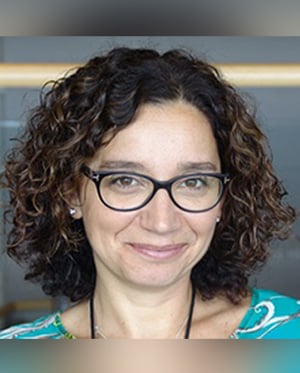
Francesca Massi , PhD
Associate Professor of Biochemistry & Molecular BiotechnologyType: Primary
Areas of Research: Biochemical Mechanisms, Biophysics & Macromolecular Structures, Computational Biochemistry
Research Interest: The Massi lab uses their expertise in NMR Spectroscopy to understand the dynamics of protein-RNA interactions.
Office Location: LRB 925
Lab Location: LRB 960 B, 970 N
Phone: 508-856-4501
Lab Page -

Dannel McCollum , PhD
Professor of Biochemistry & Molecular Biotechnology; Vice Chair of Faculty Advancement for the Biochemistry & Molecular Biotechnology DepartmentType: Primary
Areas of Research: Biochemical Mechanisms, Cellular Biochemistry
Research Interest: The McCollum Lab studies how cells sense mechanical forces through the Hippo pathway.
Key Words: Cancer, mechano-signaling, Hippo pathway, YAP/TAZ
Research Tools: Cell culture
Broader Impact: cancer, wound repairOffice Location: LRB 823
Lab Location: LRB 870 N
Phone: 508-856-8767
Lab Page -
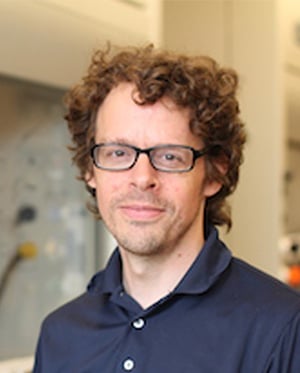
Stephen Miller , PhD
Professor of Biochemistry & Molecular BiotechnologyType: Primary
Areas of Research: Biochemical Mechanisms, Cellular Biochemistry, Chemical Biology
Research Interest: The Miller Lab develops optical imaging probes, ranging from the design of new fluorescent molecules to engineered luciferins and luciferases for in vivo bioluminescence imaging.
Key Words: bioluminescence, fluorescence, near-infrared, imaging, probes, chemical biology
Research Tools: fluorescence microscopy, synthetic organic chemistry, bioluminescence imaging, AAV transduction, mouse models, mammalian cell culture, spectrophotometry, NMR, mammalian cell culture, M. musculus (mouse)
Broader Impact: optical probes are broadly applicable to study many different diseaseshe/him/his
Office Location: LRB 805
Lab Location: LRB 870 X
Phone: 508-856-8865
Lab Page -
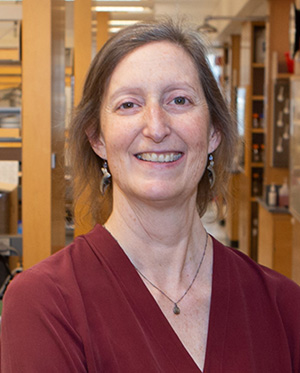
Mary Munson , PhD
Professor and Vice Chair for Diversity, Biochemistry & Molecular Biotechnology; Associate Vice Provost for Equity in Science, Office of Health Equity; co-leader of the Investigator Career Advancement Program (iCAP); Co-investigator for the American Society for Cell Biology's MOSAIC Program; Co-chair of the ASCB’s Women in Cell Biology Committee (WICB); incoming ASCB President in 2025; Faculty Advisor, UMass Chan-SACNAS student chapterType: Primary
Areas of Research: Biochemical Mechanisms, Biophysics & Macromolecular Structures, Cellular Biochemistry
Research Interest: The Munson lab studies vesicle trafficking machinery and how specificity in vesicle targeting and fusion is achieved.
Key Words: membrane trafficking, exocytosis, endocytosis, exocyst, VPS45, SNAREs, vesicle fusion, neutropenia
Research Tools: protein and membrane biochemistry, biophysics, cryoEM, yeast and mammalian cell biology, immunology, mouse models of disease
Broader Impact: immune dysfunction, cancer, neurological disordersshe/her/hers
Office Location: LRB 905
Lab Location: LRB 970 P, Q, R
Phone: 508-856-8318
Lab Page -
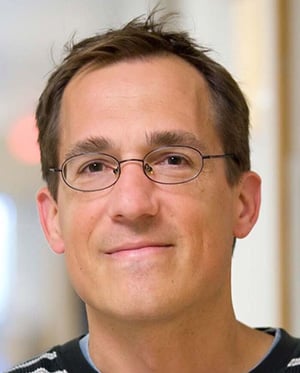
Peter Pryciak , PhD
Associate Professor of Biochemistry & Molecular BiotechnologyType: Primary
Areas of Research: Biochemical Mechanisms, Cellular Biochemistry, Gene Expression & Epigenetics
Research Interest: Dr. Pryciak studies how protein kinases regulate cell signaling and the cell cycle.
Key Words: MAP kinases (MAPKs), cyclin-dependent kinases (CDKs), short linear motifs (SLiMs)
Research Tools: S. cerevisiae (yeast)Office Location: LRB 822
Lab Location: LRB 870 P
Phone: 508-856-8756
Lab Page -
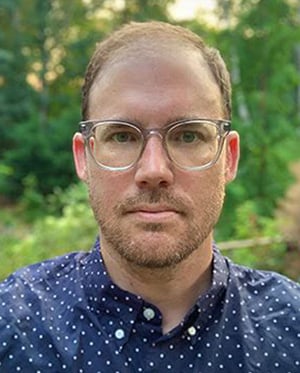
Sy Redding , PhD
Assistant Professor of Biochemistry & Molecular BiotechnologyType: Primary
Areas of Research: Biochemical Mechanisms, Biophysics & Macromolecular Structures, Gene Expression & Epigenetics
Research Interest: The Redding Lab seeks to discover general physical principles that affect how genetic information is organized and accessed.
Key Words: Chromatin organization, protein-DNA interactions, Epigenetics, single molecule biophysics, phase separation
Research Tools: single molecule techniques, TIRF microscopy, confocal microscopy.he/him/his
Office Location: LRB 926
Lab Location: LRB 960 B
Phone: 774-455-6635
Lab Page -
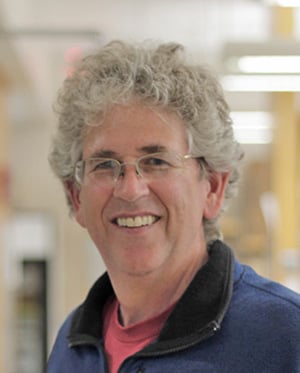
Nick Rhind , PhD
Professor of Biochemistry & Molecular BiotechnologyType: Primary
Areas of Research: Biochemical Mechanisms, Cellular Biochemistry, Gene Expression & Epigenetics
Research Interest: The Rhind lab studies cell size regulation and temporal coordination of DNA replication
Key Words: DNA replication, cell cycle, cell size, replication kinetics
Research Tools: S. cerevisiae (yeast)
Broader Impact: CancerOffice Location: LRB 904
Lab Location: LRB 940 E-D
Phone: 508-856-8316
Lab Page -
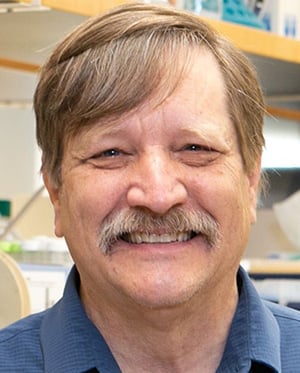
William E. Royer , PhD
Professor Emeritus of Biochemistry & Molecular BiotechnologyType: Primary
Areas of Research: Biochemical Mechanisms, Biophysics & Macromolecular Structures, Chemical Biology
Research Interest: The Royer lab uses their expertise in X-Ray Crystallography to study how the assembly of macromolecules regulates biological function.
Key Words: Structural Biology, X-ray Crystallography, Protein Assembly and regulation.
Research Tools: X-Ray Crystallography
Broader Impact: Cancerhe/him/his
Office Location: LRB 921
Lab Location: LRB 970 G, W
Phone: 508-856-6912
Lab Page -
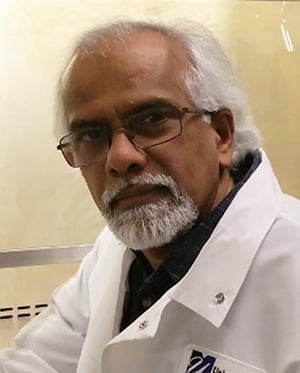
Mohan Somasundaran , PhD
Associate Professor of Biochemistry & Molecular Biotechnology; Member of the Schiffer LabType: Primary
Areas of Research: Biochemical Mechanisms, Biophysics & Macromolecular Structures, Cellular Biochemistry
Research Interest: The Somasundaran team studies how cells and viruses interact with each other to develop molecular diagnostics and new antiviral therapies.
Research Tools: cell culture, M. musculus (mouse)
Broader Impact: HIV, EBV, infectious mononucleosis, influenza, SARS-CoV1, SARS-CoV2, cancerOffice Location: LRB 960 E
Phone: 508-856-4408
Lab Page
-
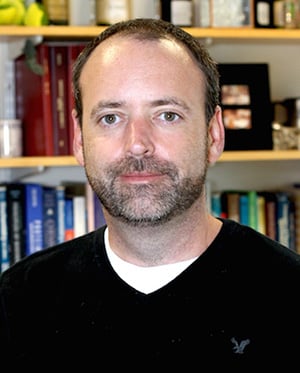
Paul Thompson , PhD
Endowed Chair in Biochemistry and Molecular Biotechnology II; Director of the Program in Chemical Biology; Professor of Biochemistry & Molecular BiotechnologyType: Primary
Areas of Research: Biochemical Mechanisms, Biophysics & Macromolecular Structures, Chemical Biology
Research Interest: The Thompson lab is a leader in the field of chemical biology and exploits these techniques to study biomedically-important enzymes and proteins including the Protein Arginine Deiminases, STING and SARM1.
Key Words: Drug discovery, deimination, autoimmunity, rheumatoid arthritis, citrullination, enzymology
Research Tools: Enzymology, medicinal chemistry, chemical biology, proteomics, inhibitor design
Broader Impact: rheumatoid arthritis, sepsis, lupus, STING-associated vasculopathy in infancy, ALS, peripheral neuropathies, cancer.Office Location: LRB 825
Lab Location: LRB 860 B, C, E
Phone: 508-856-8492
Lab Page -
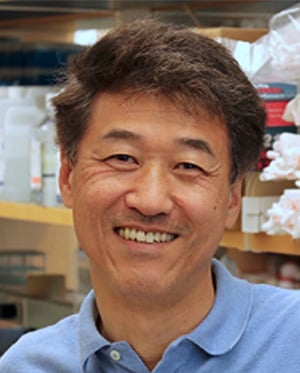
Zuoshang Xu , PhD
Professor of Biochemistry & Molecular BiotechnologyType: Primary
Areas of Research: Biochemical Mechanisms, Cellular Biochemistry
Research Interest: the Xu lab studies the mechanism of and therapy for ALS using mouse and other models.
Research Tools: M. musculus (mouse)
Broader Impact: ALSOffice Location: LRB 817
Lab Location: LRB 870 J, K
Phone: 508-856-3309
Lab Page
-
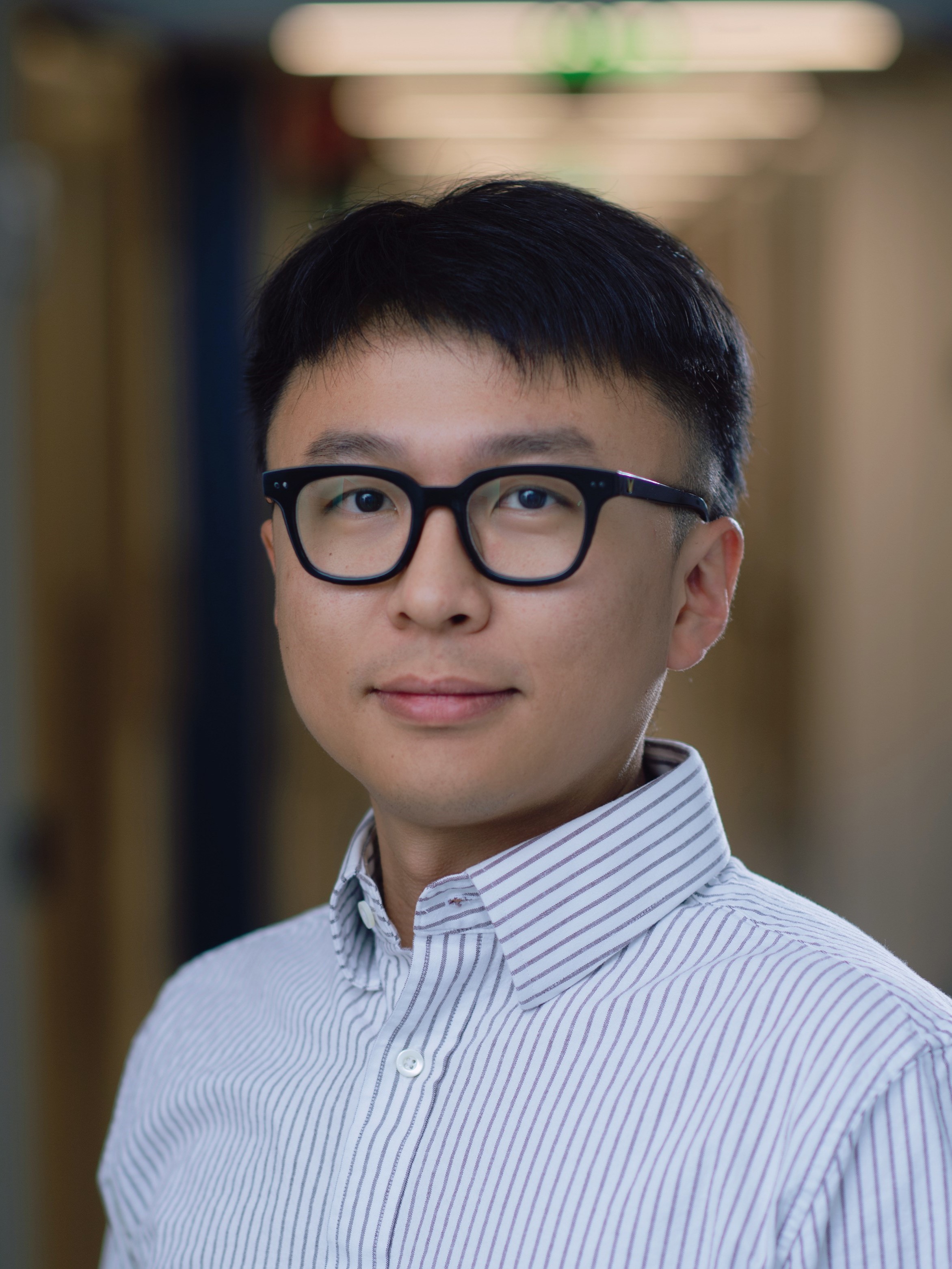
Qing Yu , PhD
Assistant Professor of Biochemistry & Molecular BiotechnologyType: Primary
Areas of Research: Biochemical Mechanisms, Cellular Biochemistry, Chemical Biology
Research Interest: The Yu Lab builds multiplexed, intelligent proteomics platforms to systematically understand protein function in health and disease and to advance therapeutic development.
Key Words: Multiplexed proteomics, mass spectrometry, post-translational modification, bioinformatics, chemical biology, cell signaling, systems biology, drug discovery
Research Tools: Mass spectrometry, mammalian cell culture, mouse model
Broader Impact: Drug resistance, cancer, aging
Office Location: LRB 815
Lab Location: LRB 870 D, E
Phone: 508-856-2174
Lab Page
x
x
-
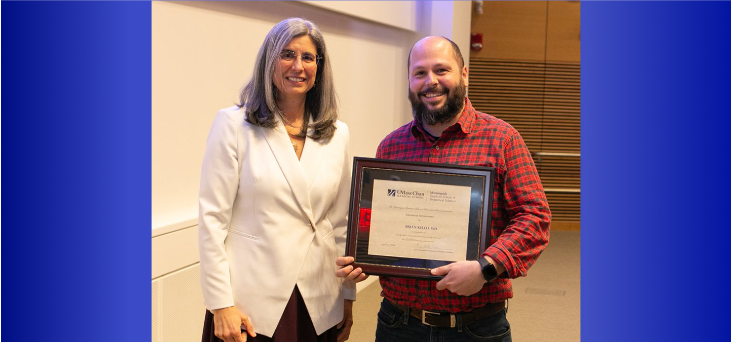 May 10, 2024Read more
May 10, 2024Read more -
 Apr 24, 2024
Apr 24, 2024Celebrating DNA Day!
Read more -
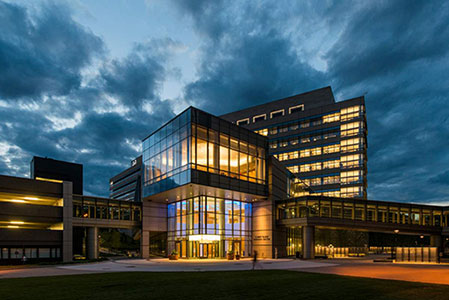 Jan 10, 2025
Jan 10, 2025New NMR machine to initiate New England NMR Consortium
Read more -
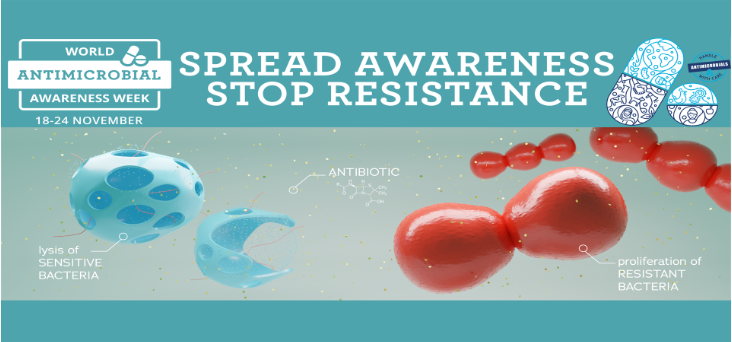 Nov 17, 2023
Nov 17, 2023World Antimicrobial Resistance Awareness Week, 2023
Read more -
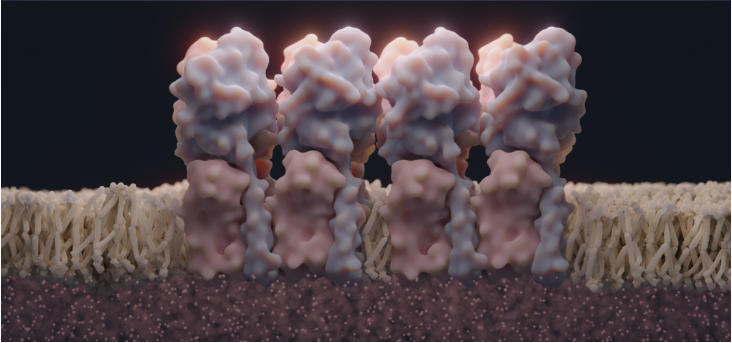 Sep 15, 2023
Sep 15, 2023Taking the STING out of Disease -Biochemistry & Molecular Biotechnology (BMB) Department
Read more -
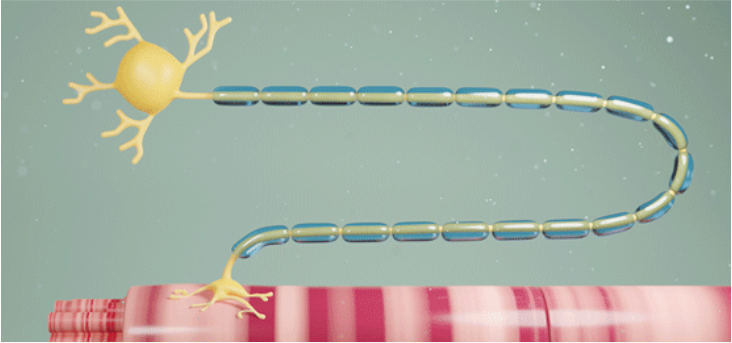 Jun 21, 2023
Jun 21, 2023Highlighting ALS Research for ALS Awareness Day
Read more -
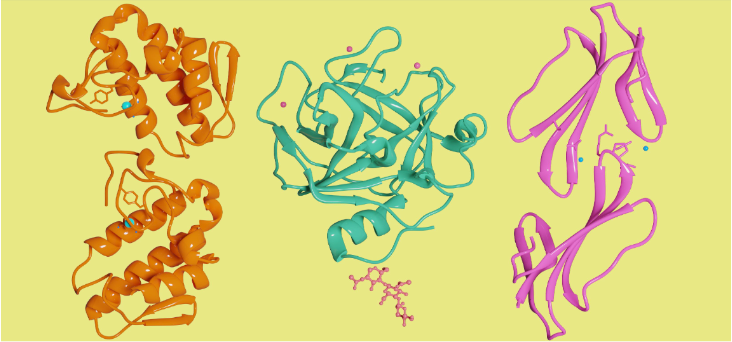 Mar 17, 2023
Mar 17, 2023St. Patrick's Day, Snakes and biochemiStry!
Read more -
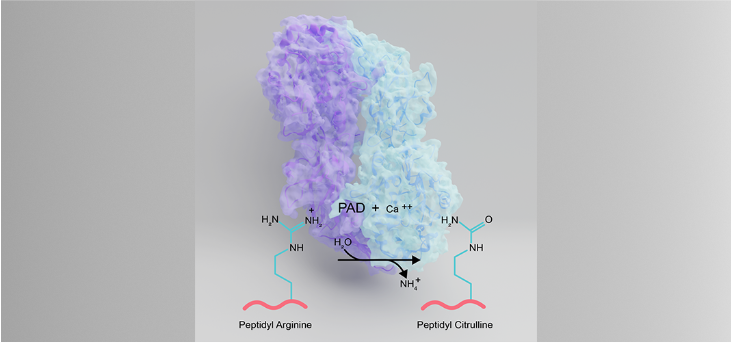 Mar 6, 2023
Mar 6, 2023BMB highlights research on PAD enzymes for Autoimmune Disease Awareness Month
Read more -
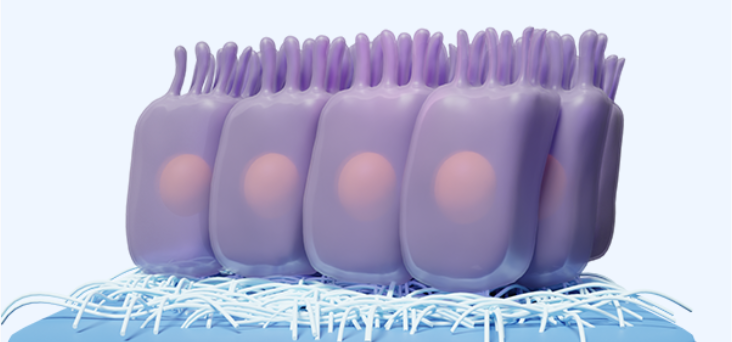 Feb 15, 2023
Feb 15, 2023BMB celebrates the work of Dr. McCollum on Hippo Day 2023!
Read more -
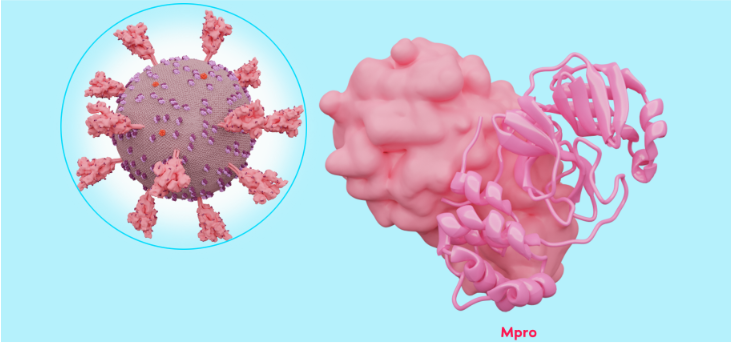 Feb 14, 2023
Feb 14, 2023Coming up with new ways to treat COVID-19 is at the *heart* of BMB.
Read more
Molecular illustrations on this webpage were generated by Leonora Martínez-Núñez, PhD.
